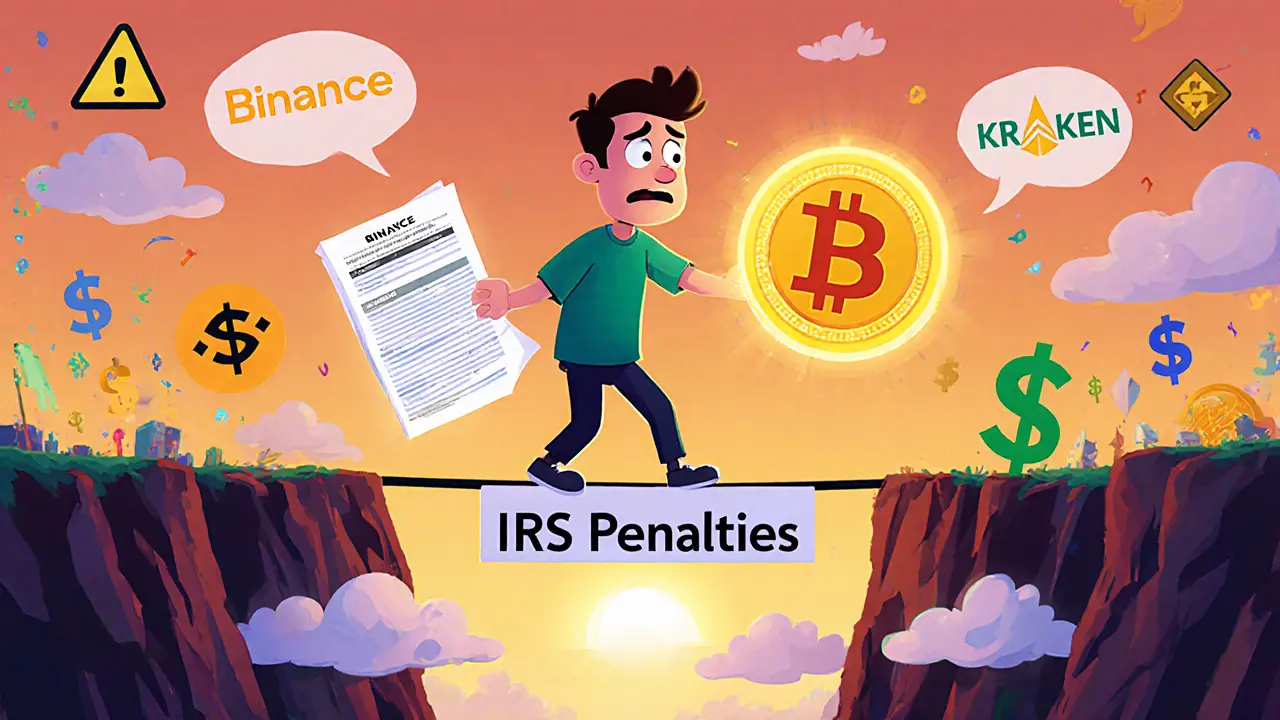Cryptocurrency Reporting: Understand Regulations, Risks, and Real-World Cases
When you hear cryptocurrency reporting, the process of tracking, analyzing, and disclosing crypto activities for legal, financial, or security purposes. Also known as crypto compliance reporting, it’s not just about taxes — it’s about staying out of trouble when governments are watching. Whether you’re trading on a DEX, claiming an airdrop, or using a foreign exchange, someone is documenting your moves — and you need to know who’s keeping track.
Crypto regulations, the legal frameworks that force exchanges, users, and developers to follow rules around money laundering, identity, and reporting. Also known as crypto compliance, they vary wildly by country. In Australia, you can’t run a crypto exchange without AUSTRAC registration, a mandatory anti-money laundering system that tracks digital currency flows. In Germany, BaFin, the federal financial supervisory authority that enforces strict licensing and KYC rules for crypto platforms. cracks down hard on unlicensed operators. And in China? Forget trading — even using Binance or Coinbase can land you in legal trouble. These aren’t suggestions. They’re laws with fines, arrests, and asset seizures.
Then there’s the other side of reporting: spotting the scams before they vanish. Crypto scams, fraudulent projects that lure users with fake promises, then disappear without a trace. Also known as rug pulls, they’re everywhere. The Lunar Crystal NFT airdrop? No contract, no tokens, just silence. The Department of Government Efficiency (DOGE) token? A government-themed joke with zero backing. Numogram (GNON)? A 99% crash waiting to happen. These aren’t bad investments — they’re red flags you can report before losing money. And when airdrops like RACA or SPAT ask for your wallet info, you need to know: who’s behind it? Is this legit, or just another way to drain your wallet?
Cryptocurrency reporting isn’t about boring paperwork. It’s about survival. It’s knowing why Thailand banned foreign P2P platforms, why Afghanistan’s Taliban arrested crypto users, and why Indian traders are being told to stick to FIU-IND registered exchanges. It’s understanding that a token like WMTon — Walmart’s tokenized stock — might sound real, but carries risks no Wall Street analyst will warn you about. This collection doesn’t just list posts. It shows you what’s actually happening in the real world, from Zurich to Jakarta, from legal exchanges to dead airdrops. What you’ll find below isn’t theory. It’s what people are getting caught for, what regulators are chasing, and what you need to avoid before it’s too late.



